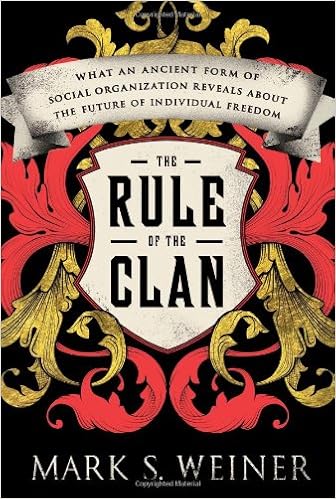A complexity consideration or two
Wednesday, March 28th, 2018[ by Charles Cameron — that one is a many among many, and how many does that make? ]
.
There are many, many distinctions that can be drawn at the group level, political, financial, religious, tribal, on the right side of the line in the diagram below — but every one of them in constituted of individuals, for each of whom the considerations on the left side would, to a greater or lesser extent, apply:
**
How is this multiplied?
Each time a man stands up for an ideal, or acts to improve the lot of others, or strikes out against injustice, he sends forth a tiny ripple of hope, and crossing each other from a million different centers of energy and daring, those ripples build a current that can sweep down the mightiest walls of oppression and resistance.
Nice words, nice indeed. Bobby Kennedy‘s words.
But did the darker aspects of “the complex compound of pure and impure impulses” — in every individual, every “tiny ripple” — get lost in the niceness of the words?
I ask because for optimists it so often does, and that’s the great weakness of positive movements. And because for the cynical, so often, no glimpse of the positive aspects can make it through their fog.
**
Consider this, for each individual:
As every man goes through life he fills in a number of forms for the record, each containing a number of questions . .. There are thus hundreds of little threads radiating from every man, millions of threads in all. If these threads were suddenly to become visible, the whole sky would look like a spider’s web, and if they materialized as rubber bands, buses; trams and even people would all lose the ability to move, and the wind would be unable to carry torn-up newspapers or autumn leaves along the streets of the city. They are not visible, they are not material, but every man is constantly aware of their existence…. Each man, permanently aware of his own invisible threads, naturally develops a respect for the people who manipulate the threads.
That’s not somebody writing about Cambridge Analytica or FaceBook — that’s Alexander Solzhenitsyn, in Cancer Ward, 1968, courtesy Bruce Schneier.
I may add further one and many instances and illuminations in the comments section as I find them — you are invited to do the same..


 Spiral staircase, the Vatican, Rome
Spiral staircase, the Vatican, Rome Quinta da Regaleira, Sintra, Portugal, credit Joe Daniel Price
Quinta da Regaleira, Sintra, Portugal, credit Joe Daniel Price


